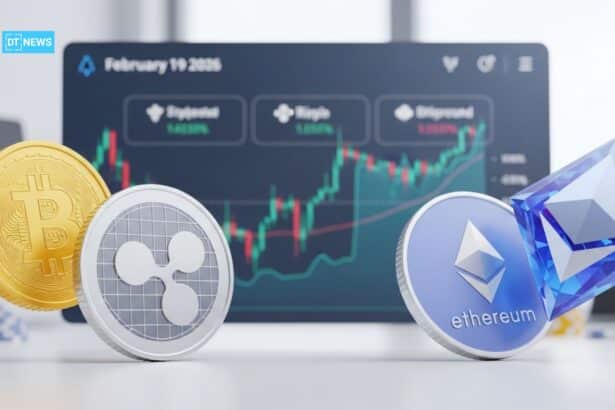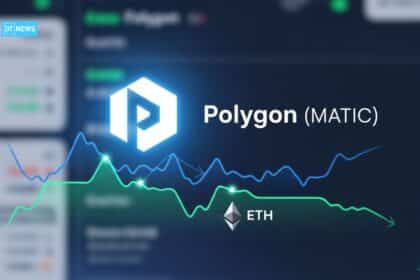WLFI Price Analysis: 25M Whale Withdrawal Fuels Bottom Talk Near $0.0979
This article was first published on Deythere. Whale positioning has pushed WLFI into…
Stablecoin Yield Meeting Could Reshape U.S. Crypto Regulation
This article was first published on Deythere. A stablecoin yield meeting could arrive…
Bitcoin Crypto Winter: Saylor Predicts Strong Rebound Ahead
This article was first published on Deythere. Bitcoin crypto winter is dominating…
Polygon Overtakes Ethereum in Daily Fees, Led by Polymarket Volume Spike
This article was first published on Deythere. An unusual occurrence in blockchain…
Crypto vs Wall Street: Why the Gap Keeps Widening in 2026
A familiar argument is turning into a real power struggle. On one…
Robert Kiyosaki Says Bitcoin Crash Signals Bigger Collapse
This article was first published on Deythere. Robert Kiyosaki's Bitcoin crash returned…
Digital Euro vs Euro Stablecoins: How Regulatory Gap Widens
This article was first published on Deythere. Euro stablecoins are moving from theory…
Bitcoin Recession Warning: Could BTC Crash to $10K?
This article was first published on Deythere. Bitcoin has been under intense…
TRUMP Token Unlock Nears as $3.62 Resistance Caps Rally
This article was first published on Deythere. A fresh TRUMP token unlock…
Crypto ETF Flows Show $521M Exit From BTC and ETH Funds
This article was first published on Deythere. Crypto ETF flows are signaling a…




















































































































